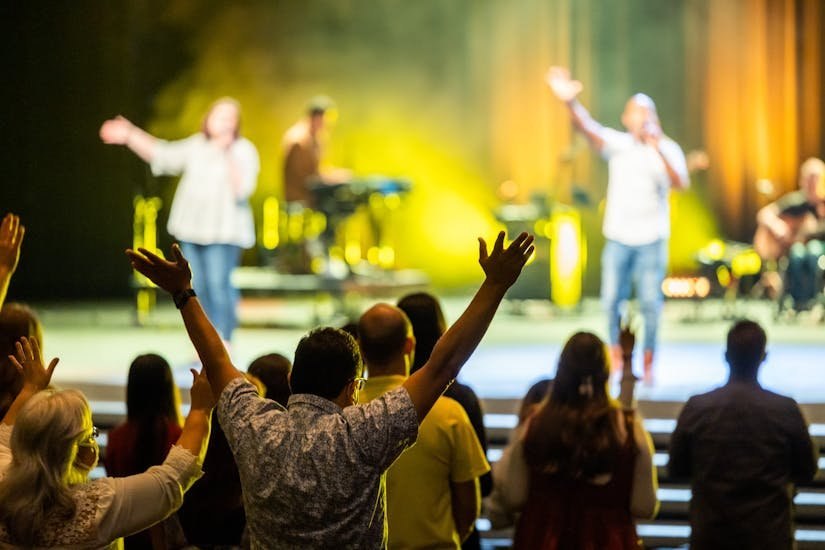
Does sticking on a 'limited edition' label make consumers more likely buy live event tickets?
Taylor Swift does it, so does Harry Styles. Paramount Pictures did it for ‘Mission Impossible’ and 20th Century Studios chose it for a theatrical re-run of the 1989 sci-fi classic, ‘The Abyss’. Through the sale of limited-edition tickets, brands can generate sales or fuel excitement before a new product launch, for instance.
In this piece, we’re looking at whether the ‘limited-edition’ form impacts consumers’ likelihood to purchase event tickets.
According to results from a recent YouGov survey that polled consumers across 17 international markets, more than three in ten consumers (31%) across markets have no interest in limited edition event tickets. Across product categories, at 38%, respondents are most likely to opt for food and grocery items if they are advertised as limited edition. Respondents seem least interested in video games and alcoholic beverages if these were to be sold as limited-edition products.
More than a quarter of consumers (26%) across markets are more likely to buy event tickets with a ‘limited-edition’ tag, while 13% are more unlikely to buy such tickets.
Marking event tickets as limited-edition would have no impact on less than a quarter of consumers polled (23%).
But 18-to-24-year-olds across markets (39%) are most likely to say they are more likely to buy event tickets if they are advertised as limited-edition.
Building on the broader trends discussed so far, let’s now look at market-specific data.
India is home to literature festivals like Times LitFest and Jaipur Literature Festival, contemporary art exhibitions like the Kochi-Muziris Biennale and music festivals like the Hornbill Festival, Lollapalooza and the upcoming maiden edition of electronic music festival ZAMNA. In this country, more than two in five consumers (45%) are more likely to buy event tickets if they are advertised as limited-edition. An equal proportion of consumers in the UAE (45%) say the same, followed closely by Indonesians (43%).
In Europe, consumers in Spain (28%) are most likely to buy limited edition tickets. On a related note, the Noches del Botánico, a music festival, is currently underway in Spain.
Consumers from another European market surveyed - Germany (where American punk rock band Green Day recently concluded the German leg of their world tour) - account for the lowest proportion of those across markets (13%) who are more likely to buy event tickets if labelled ‘limited-edition’.
Conversely, more than one in five (21%) Mexicans are more unlikely to purchase event tickets if they are sold as limited-edition grabs. Hong Kongers (19%) and Italians (18%) follow Mexicans.
As for those who aren’t interested in limited edition event tickets at all, Americans (50%) lead, followed by Britons (43%), Germans (40%) and the French (39%). In Singapore as well, nearly two in five consumers (37%) are likely to express indifference towards event tickets markets as ‘limited-edition’.
Explore our living data - for free
Discover more media content here
Want to run your own research? Run a survey now
Make smarter business decisions with better intelligence. Understand exactly what your audience is thinking by leveraging our panel of 26 million+ members. Speak with us today.
Methodology: YouGov Surveys: Serviced provide quick survey results from nationally representative or targeted audiences in multiple markets. The data is based on surveys of adults aged 18+ years in 17 markets with sample sizes varying between 503 and 2004 for each market. All surveys were conducted online in March 2024. Data from each market uses a nationally representative sample apart from Mexico and India, which use urban representative samples, and Indonesia and Hong Kong, which use online representative samples. Learn more about YouGov Surveys: Serviced.
Photo by Caleb Oquendo on Pexels